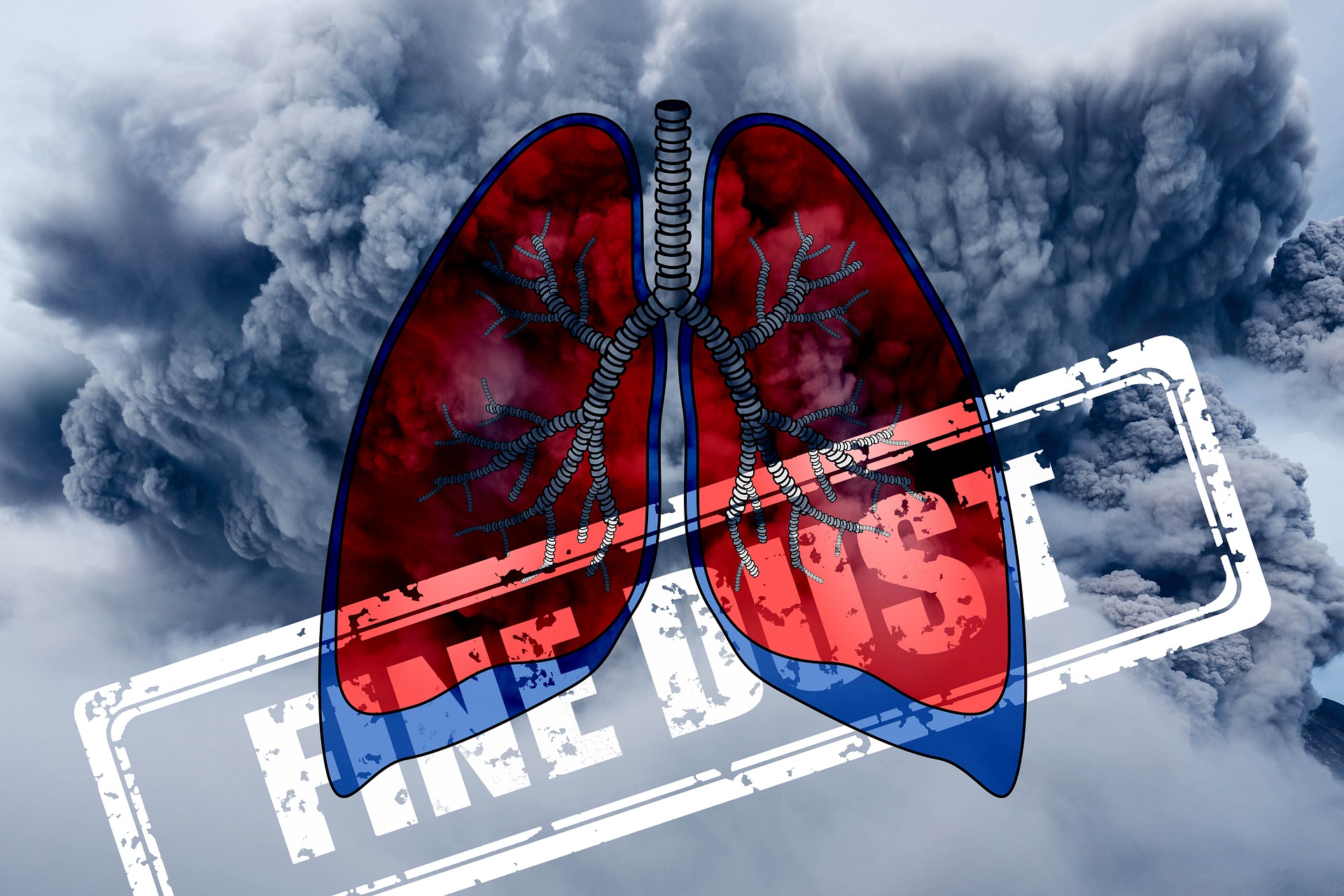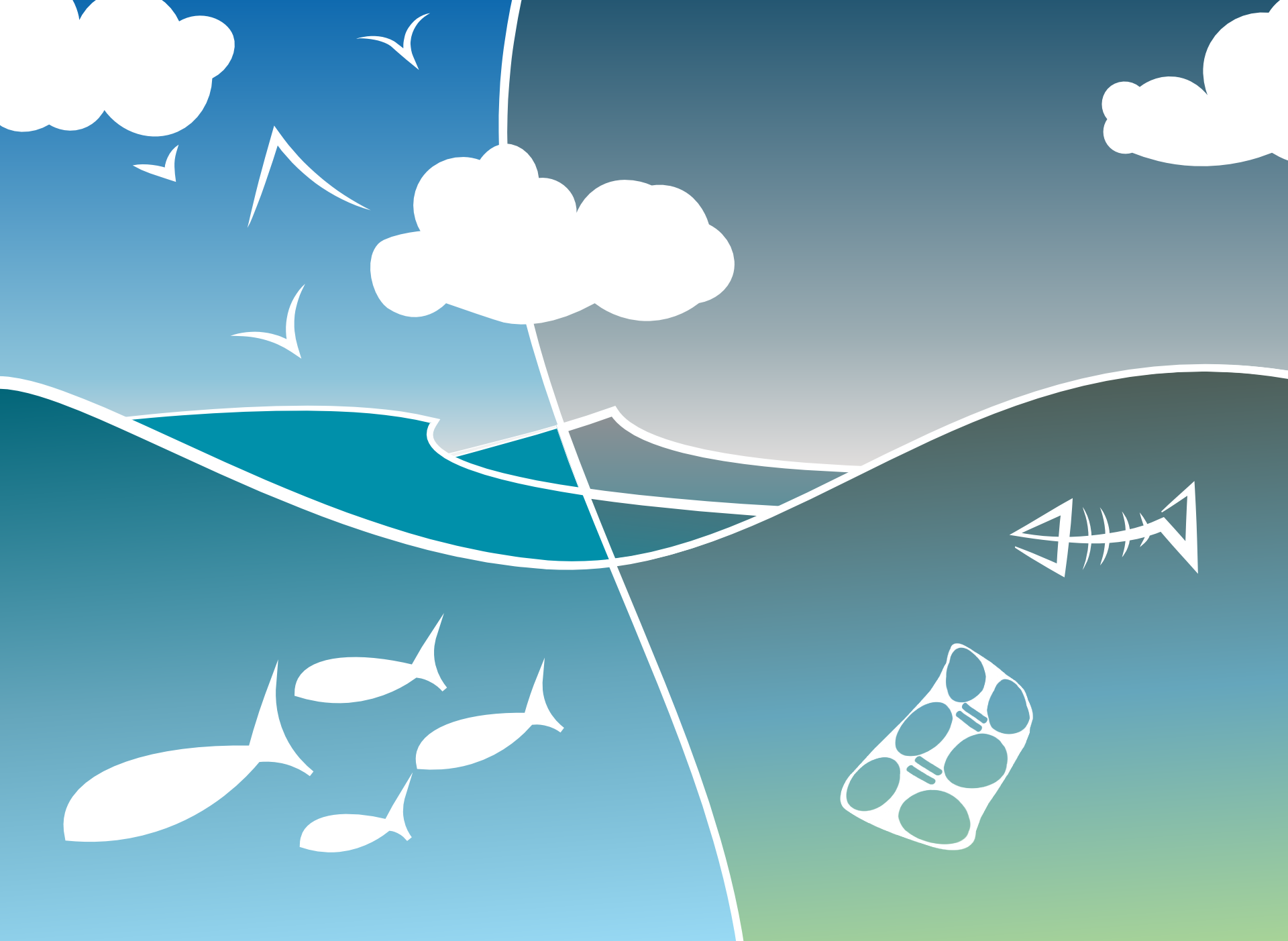Dangers Of Air Pollution – Environmental And Health Impacts On Humans
Air pollutionis one of our era's biggest scourges because it influences climate change and its impact on public and individual health due to increased sickness and death.
Heart disease, lung cancer, and respiratory disorders are significant dangers of air pollution.
Several contaminants are substantial contributors to human illness.
Particulate Matter (PM), particles of varying but tiny diameter, enter the respiratory system by inhalation and cause respiratory and cardiovascular diseases, reproductive and central nervous system malfunction, and cancer.
Heavy metals, such as lead, may cause immediate poisoning or chronic intoxication when absorbed into the human body, depending on exposure.
Climate change caused by pollution impacts the geographical distribution of many infectious illnesses, as do natural catastrophes.
Effects Of Air Pollution On Human Health
People subjected to high levels of air pollution experience varying degrees of sickness symptoms and conditions.
Vulnerable populations include children, older adults, and those with diabetes and predisposing conditions for heart or lung disease. These individuals should be advised about protective health measures.
New models are given to analyze short-term and long-term human exposure data accurately.
Air pollution has been linked to the development of chronic obstructive pulmonary disease (COPD), which is associated with an increased risk of mortality and morbidity.
The most important risk factors for COPD are prolonged exposure to the adverse effects of traffic and industrial air pollution and the combustion of fuels.
Antioxidants are substances that "scavenge" free radicals and limit the interaction of free radicals in the brain.
Inflammatory cytokines released by cells in the periphery stimulate the innate immune system's Toll-like receptor.
There does not seem to be any "safe" level for lead exposure, and it has been recommended that the CDC decrease the screening criteria currently in place.
There is a possibility that pigmented scars caused by pollutants may form on our skin.
Air pollutants absorbed by the human skin can worsen aging skin, psoriasis, acne, urticaria, eczema, and atopic dermatitis.
Effects Of Air Pollution On The Environment
Air pollution impairs our health, but it also harms the environment we live in.
Stratospheric ozone shields us from the Sun's damaging ultraviolet (UV) radiation, but ground-level ozone is toxic to humans.
Ozone enters plants via the stomata, causing them to shut, preventing CO2 transport and reducing photosynthesis.
An ecosystem may withstand a threshold level of pollution without being destroyed, related to its ability to neutralize acidity.
The Canada Acid Rain Program set this load at 20 kg/ha/year because air pollution harms soil and water.
As temperatures rise, people living in poorly designed buildings in warm-climate nations are at increased risk of heat-related health issues.
Toxic contaminants from the air, soil or water ecosystems stress wildlife, and animals might suffer health issues when exposed to excessive amounts of pollution.
There have been reports of reproductive failure and congenital disabilities.
Eutrophication occurs when increased nutrient concentrations (particularly nitrogen) drive the blossoming of aquatic algae, causing disequilibrium in the variety of fish and their mortality.
Effect Of Air Pollution On Climate
Air pollution and climate change are inextricably linked.
Climate change is the opposite side of the same coin that lowers the quality of our planet.
Pollutants such as black carbon, methane, tropospheric ozone, and aerosols reduce the amount of sunlight entering the atmosphere.
Consequently, the Earth's temperature rises, causing ice, icebergs, and glaciers to melt.
Climate and weather significantly impact the length, timing, and severity of outbreaks and change the global map of infectious illnesses.
Aerosol compounds are tiny and have a significant impact on the climate.
They may disperse sunlight (the albedo effect) by reflecting a quarter of the sun's rays into space and have lowered global temperatures during the previous 30 years.
Air Pollutants
Air pollution can devastate many aspects of the ecosystem, including groundwater, soil, and air.
- Particulate matter (PM) includes microscopic particles that, when breathed, may have significant health consequences. PM2.5 fine particles represent a more extensive health risk. Because of their small size, PM2.5 and PM10 particles are closely related to various respiratory illnesses. They can alter the nitrogen balance in aquatic ecosystems, harm forests, and crops, and even spread to distant locations.
- Ozone is produced by a chemical interaction between nitrogen oxides and VOCs released by natural sources and human activities. Ozone damages the top layers of the epidermis and the tear ducts, and it may enter the lungs profoundly.
- Carbon monoxide(CO) is one of the greenhouse gases that has been linked to global warming and climate change. It is a respiratory irritant because it penetrates deep into the lung, causing respiratory disorders such as coughing, wheezing, dyspnea, bronchospasms, and edema.
- Lead exposure in newborns and early children causes learning problems, memory loss, hyperactivity, and mental retardation. Lead exposure may occur by inhalation, ingestion, or skin absorption. The toxic effects are more detrimental to the fetusthe younger it is.
- Toluene, benzene, ethylbenzene, and xylene are examples of volatile organic compounds (VOCs) that have been linked to cancer in humans. VOCs contaminate indoor air and may be harmful to human health. Short-term exposure has been shown to irritate the eyes, nose, throat, and mucosal membranes.
People Also Ask
How Is Air Pollution Affecting The Environment?
Air pollution may harm crops and plants in several ways.
Ground-level ozone may diminish agricultural crop and commercial forest yields, limit tree seedling development and survival, and increase plant vulnerability to disease, pests, and other environmental pressures (such as harsh weather).
What Are Five Effects Of Air Pollution On Humans?
Health issues that it might cause include:
- Aggravated respiratory disorders such as emphysema, bronchitis, and asthma.
- Lung damage may occur long after symptoms such as coughing or a sore throat have subsided.
- Wheezing, chest discomfort, dry throat, headache, or nausea are asthma symptoms.
- Infection resistance has been reduced.
- Fatigue has increased.
How Can We Prevent Air Pollution?
Take the following extra steps to reduce pollution on days when high particle levels are expected:
- Reduce the number of automobile journeys you take.
- Reduce or eliminate the usage of fireplaces and wood stoves.
- Keep leaves, rubbish, and other things from being burned.
- Use of gas-powered lawn and garden equipment should be avoided.
Conclusion
The geographic spread of various infectious diseases is influenced by natural disasters and climate change caused by pollution.
Raise public awareness of the hazards of air pollution alongside a multidisciplinary approach by scientific specialists as the only method to battle the dangers of air pollution; national and international organizations must tackle the expansion of this issue and provide long-term solutions.

